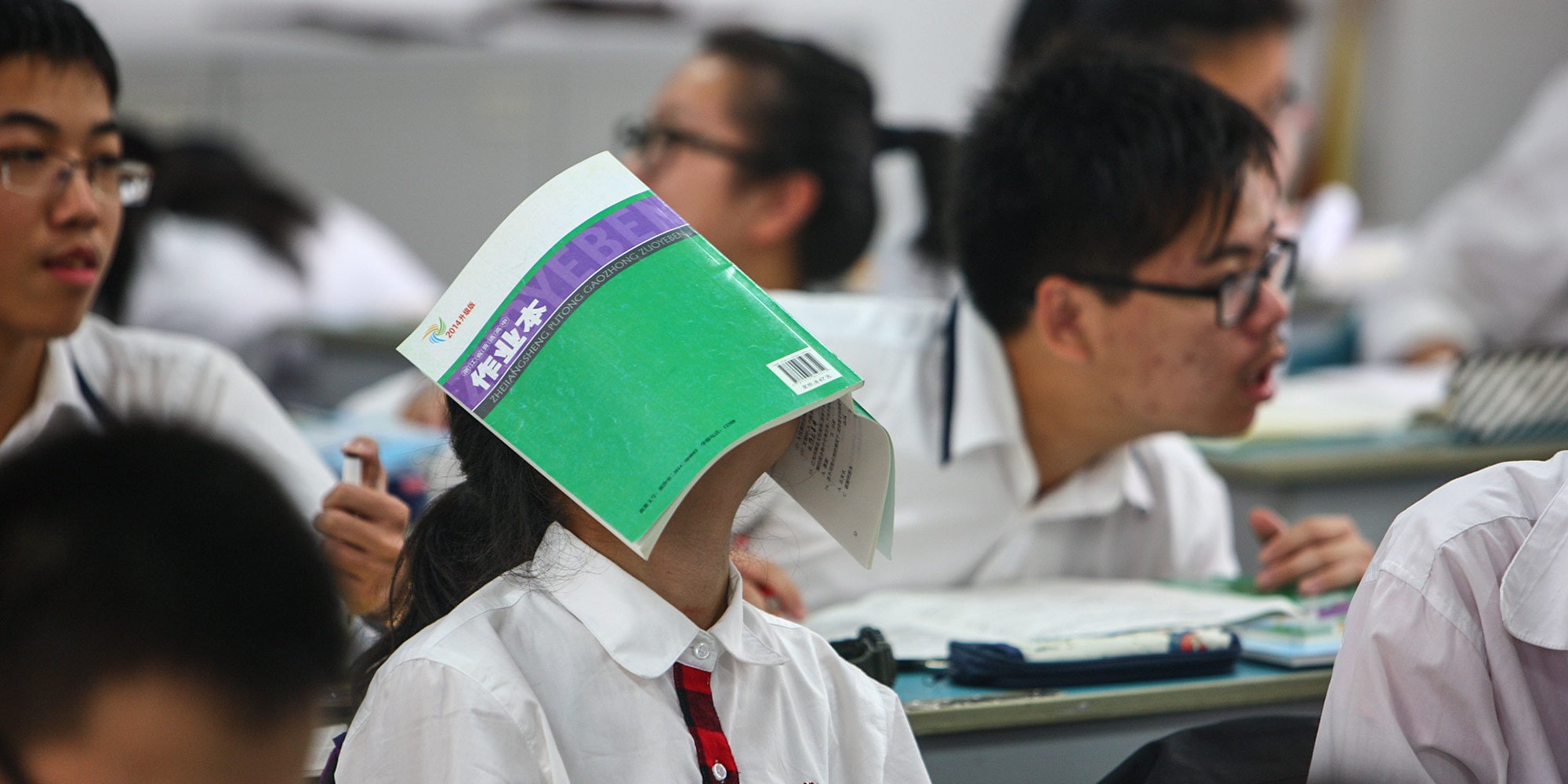On March 4 and 5, the two main political bodies in China — the National People’s Congress (NPC) and the National Committee of the Chinese People’s Political Consultative Conference (CPPCC) — convened in Beijing to commence the annual plenary meeting known as Two Sessions.
The event runs for two weeks each year. It has been described in major publications as China’s “greatest political spectacle” and “a rare window into the central government’s priorities and plans.”
Every year, the Two Sessions dominate discussions on the Chinese web. This year was no exception, and in just a few days, the hashtag for the Chinese political equivalent of the Super Bowl has already amassed more than 1 billion views on Weibo.
Political issues on the 2022 Two Sessions’ agenda include green development, technological innovation, and international diplomacy. However, it was another topic that stood out and stirred debate among Chinese netizens: family planning.

One of the many policy discussions occurring at this year’s Two Sessions includes proposals to stimulate China’s birthrate. Image via Depositphotos
The Political Bureau of the CPC Central Committee introduced the ‘three-child policy‘ in May 2021, but many remain skeptical about its efficacy in boosting fertility among younger cohorts.
During the NPC meeting on March 4, a representative named Huang Xihuan went a step further, calling for a complete lift of birth restrictions in the country. According to Huang and other representatives, such a measure would help counter the rapidly aging population and historically low fertility rates.
One day later, another representative, Zhou Yanfang, vice-manager of Pacific Health Insurance, proposed a series of policies aimed at encouraging marriage and childbirth.
Zhou’s proposal included extending paternal leave and enforcing its implementation nationwide, making kindergarten part of national compulsory education, and reducing taxes for families with newborns.
But it was the sixth of her eight policy suggestions that opened the floodgates of online fury and mockery: “encouraging marriage and childbirth for master’s and doctoral students on campus.”
The related hashtag went viral on Weibo, gaining more than 590 million views and unleashing a wave of frustration and sarcasm in the comment section.
“Master’s students can’t even finish writing their thesis, how would they find the time to get married?” commented one student, gaining more than 130,000 likes.
Another comment with 40,000 likes reads, “I would like to ask, who will give students who live on campus the money for marriage and children?!”
Other users worried about the impact of such a policy on gender equality.
“Female students would be faced with discrimination” and “This way professors would never choose to supervise female students” read two of the most upvoted comments.

Image via Unsplash
Such worries are legitimate, given recent grim reports on the toughening prospects for college graduates and the skyrocketing cost of raising a child in the country.
Other bizarre policy suggestions on the matter of childbearing — such as adding 10 to 20 points to the college entrance examination or gaokao score of third-born children — were met with similar mockery by netizens.
However, Chinese legislators are aware that marriage and childbearing are inseparable from the broader socioeconomic context, and in 2021 issued momentous regulations relating to education and gender equality.
Another talking point of the Two Sessions was the proposal to tighten the grip on human trafficking, a reaction to the recent scandal of the woman found chained in Xuzhou (and the grossly inadequate response by local authorities).
Between the conflict in Ukraine and the slowing growth of the Chinese economy, 2022 is set to be a challenging year for the central government. In the remaining 10 days of the Two Sessions, we can expect several important political decisions still to come.
Cover image via Depositphotos


















